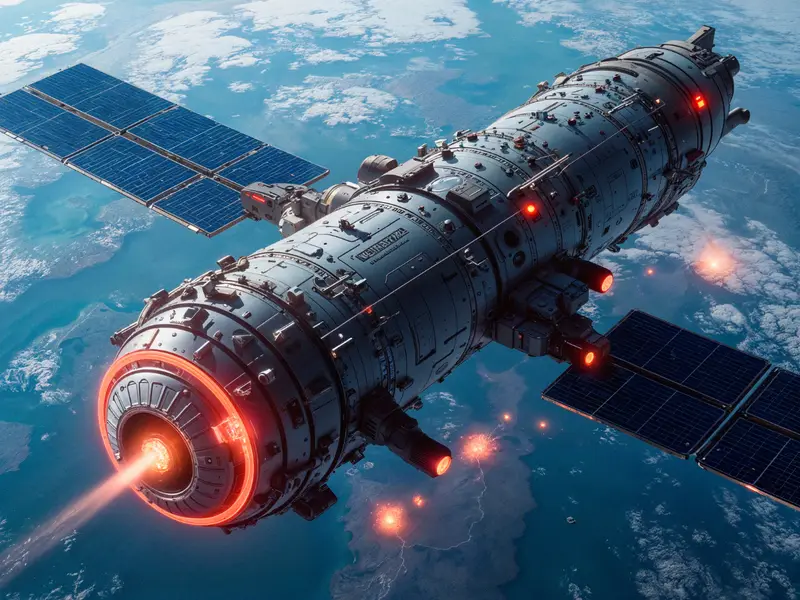In a recent blogged interview, he warned that a catastrophic event — whether environmental collapse, asteroid impact, artificial intelligence gone awry, or even hostile alien technology — could force humans to construct a kind of “Noah’s Ark” spacecraft to preserve the species and rebuild civilization in space. This ark, unlike its biblical namesake, would not sail oceans but traverse interstellar space.
Loeb’s comments also challenge a common anthropocentric assumption: that humans are the universe’s most intelligent beings. He criticizes the scientific tendency to dismiss unfamiliar possibilities and to “maintain ignorance by avoiding contradictory evidence.” In his view, this intellectual conservatism explains why researchers have yet to identify “architectural constructions by extraterrestrial intelligence” — they have not been willing to look in truly unexplored places.

A long-time advocate of the search for extraterrestrial life, Loeb frames Earth as only one small parcel of “real estate” amid a far larger cosmic property market. Space, he argues, offers both vastness and extreme conditions beyond anything humans have experienced — but only an open-minded approach will reveal its opportunities. This attitude underlies his controversial speculation that 3I/Atlas, an interstellar object moving through the inner Solar System, might even be an alien craft. If such visitors ever found Earth, Loeb suggests, our refusal to consider their existence would likely earn humanity a low ranking on the cosmic intelligence scale.
While Loeb’s vision is stark, it also carries an implicit critique: scientific progress depends on curiosity and risk-taking, not complacency. His “Noah’s Ark” metaphor doubles as a warning — that survival and discovery alike may depend on challenging our own assumptions about life, intelligence, and the limits of our planet.


